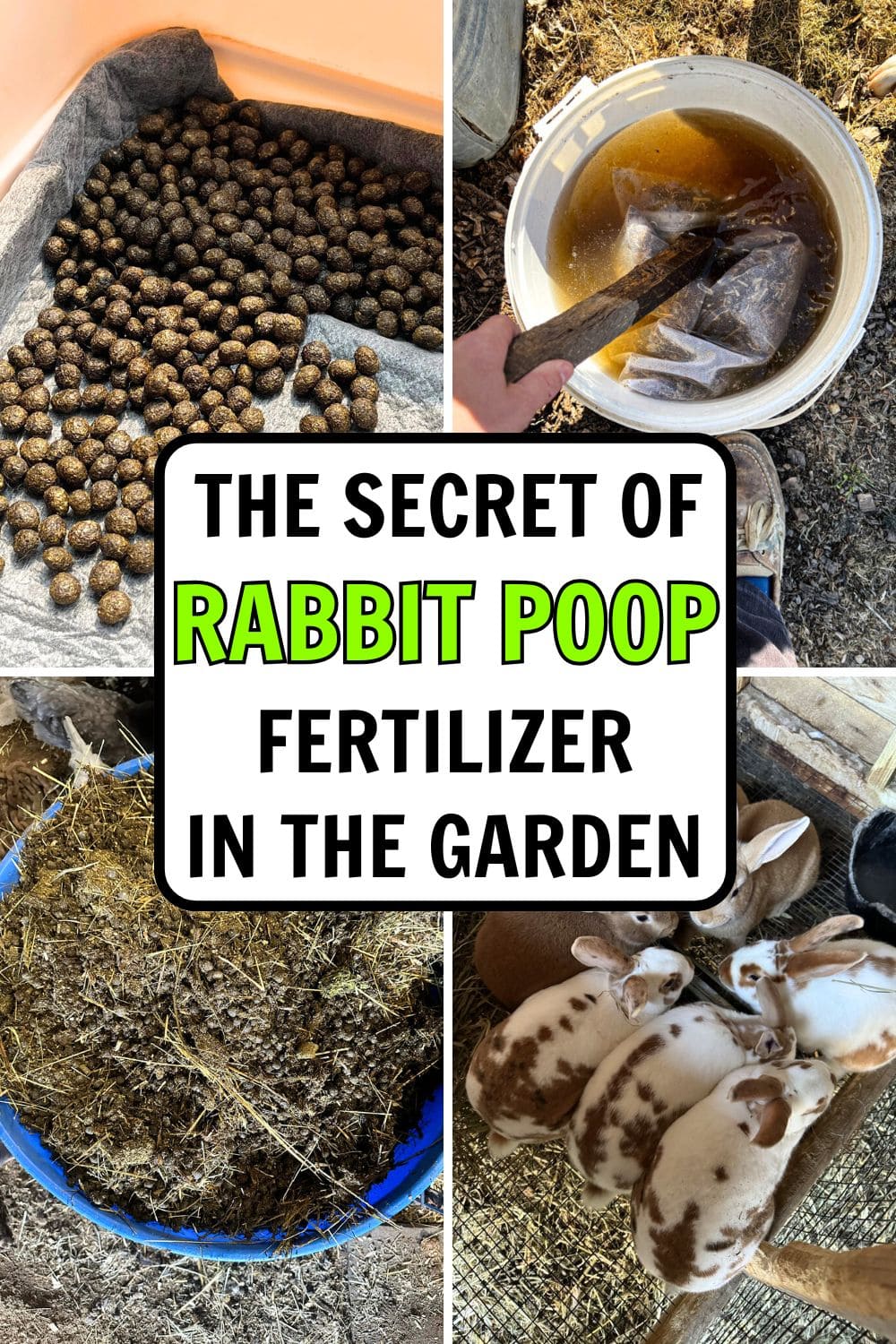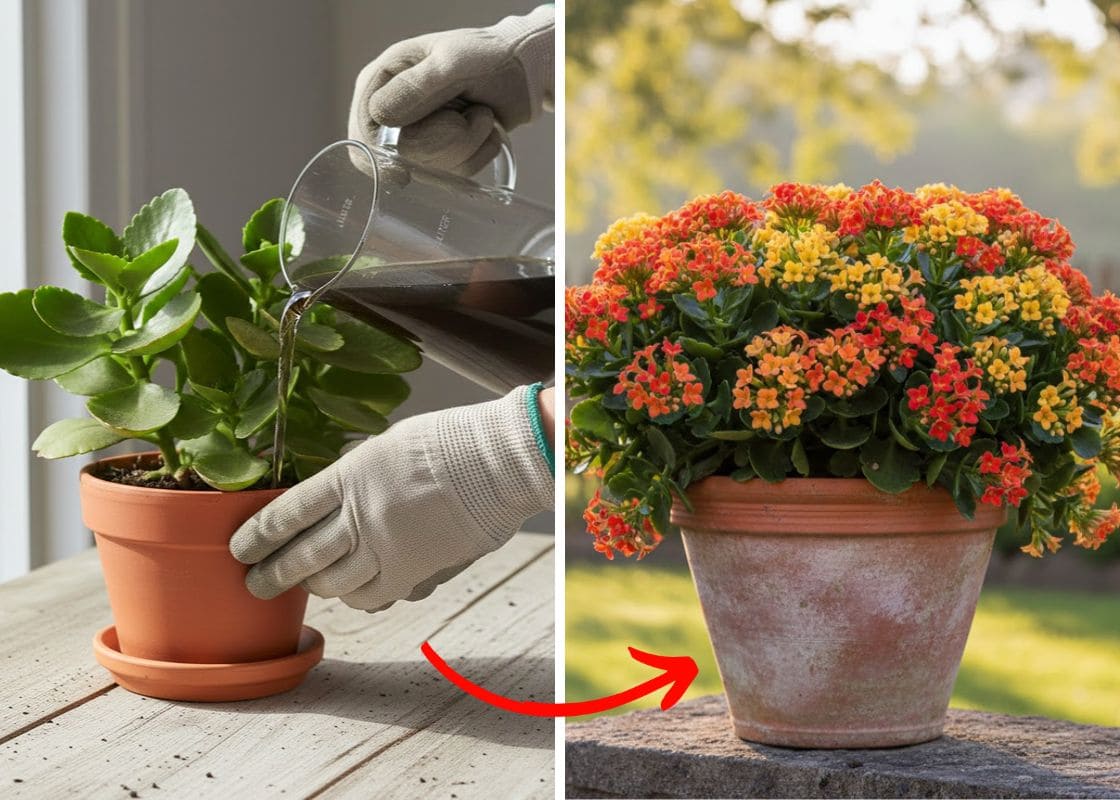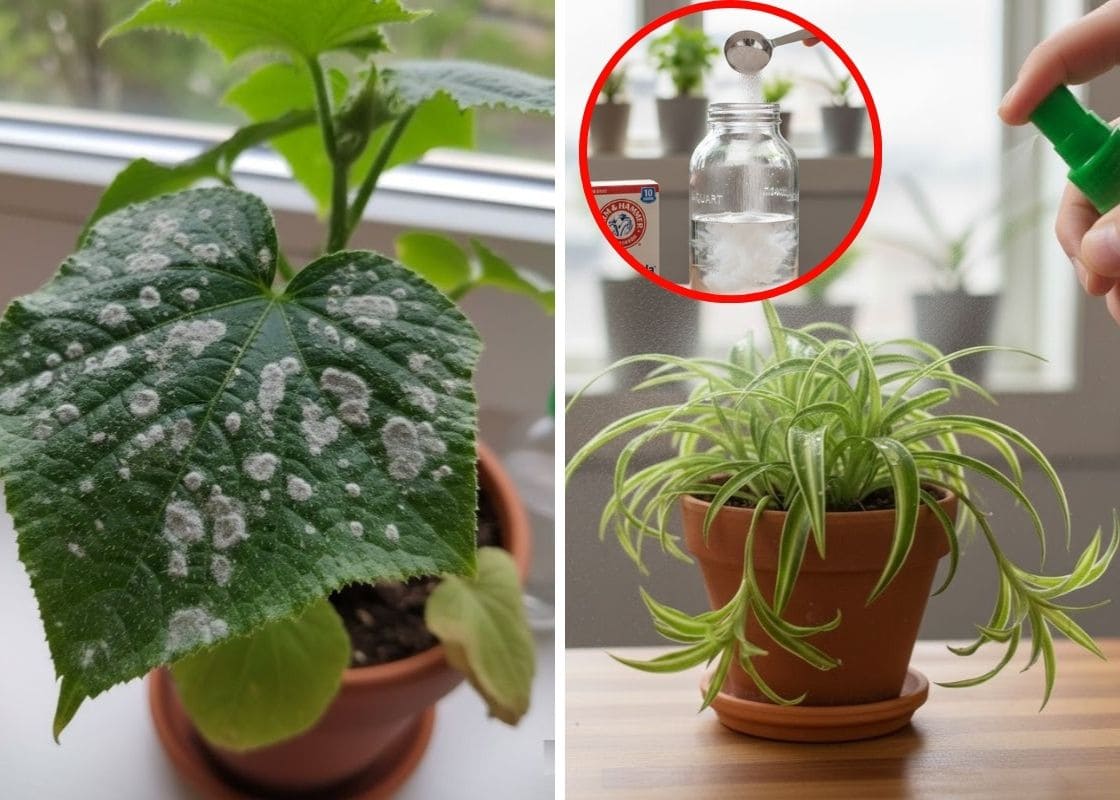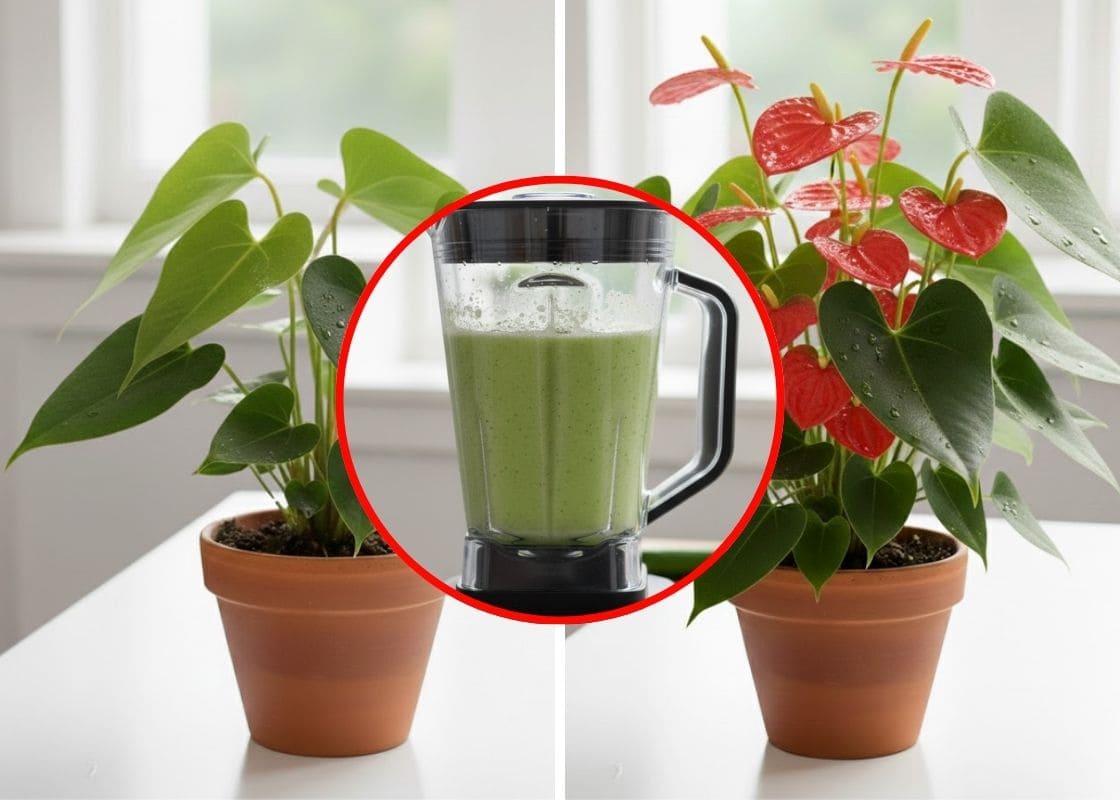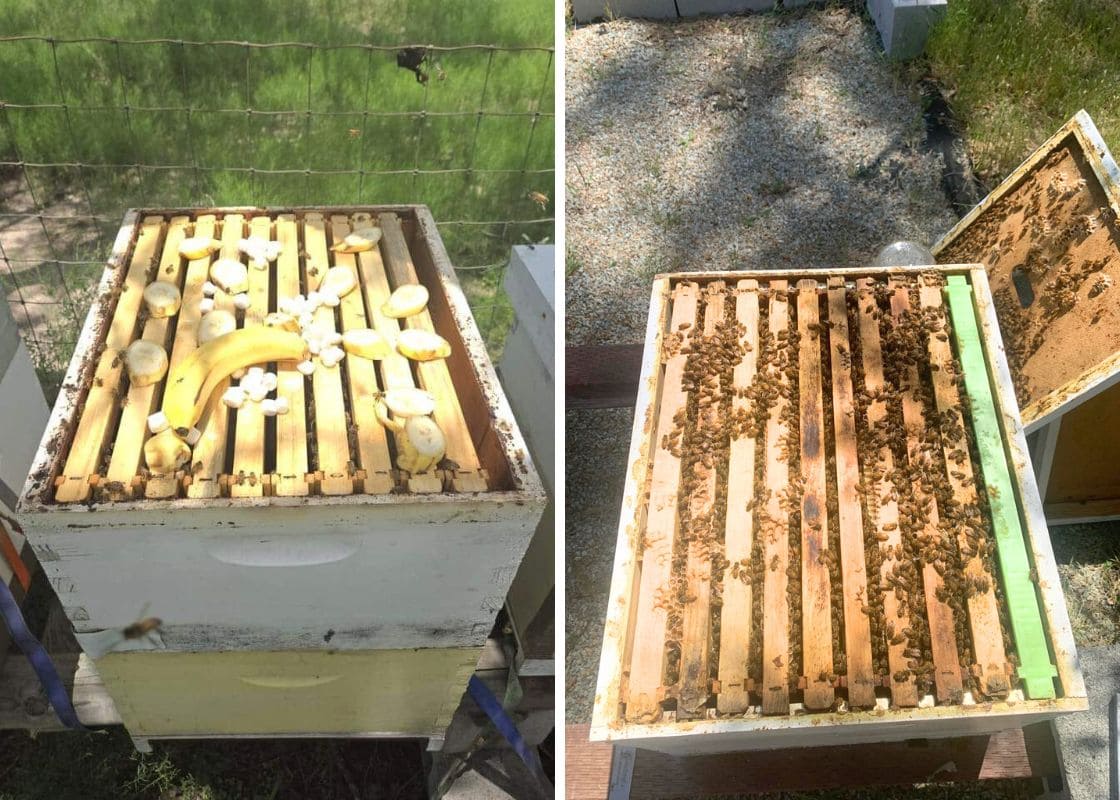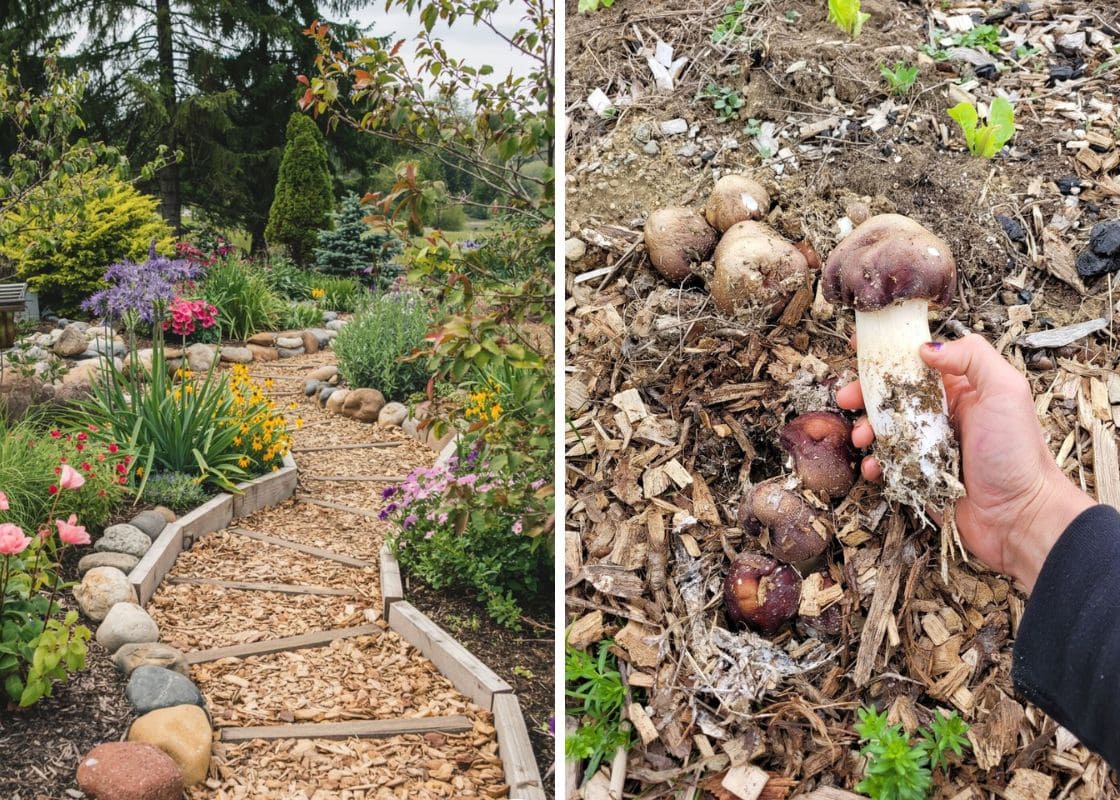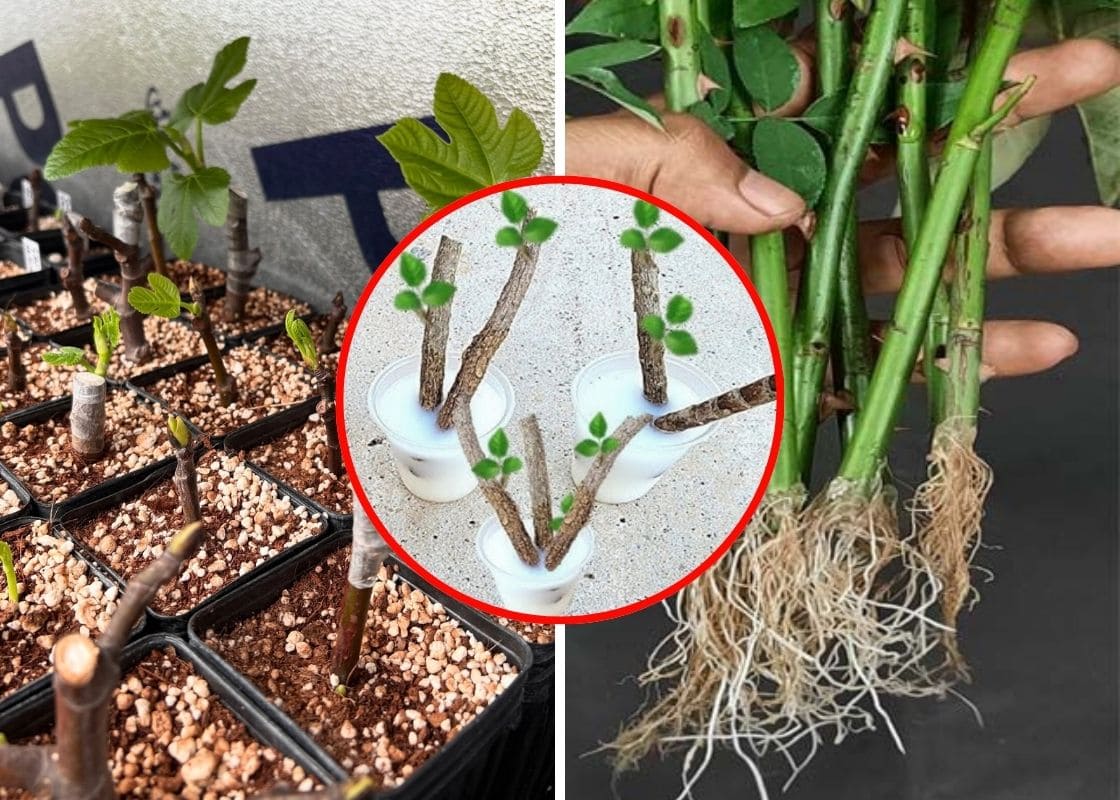If you’ve ever dreamed of finding the perfect natural fertilizer that’s safe, nutrient-rich, and easy to use, you might be surprised to learn the answer could be hopping around in your backyard.
Rabbit poop, often called garden gold, is one of the most effective organic fertilizers you can add to your soil.
Unlike cow or chicken manure, it doesn’t need composting before use and is packed with nutrients that give your plants a powerful boost.
What Makes Rabbit Poop Special?
One of the standout features of rabbit manure is that it’s considered a cold manure.
This means it doesn’t carry the same risk of burning plants as hot manures like chicken or cow.
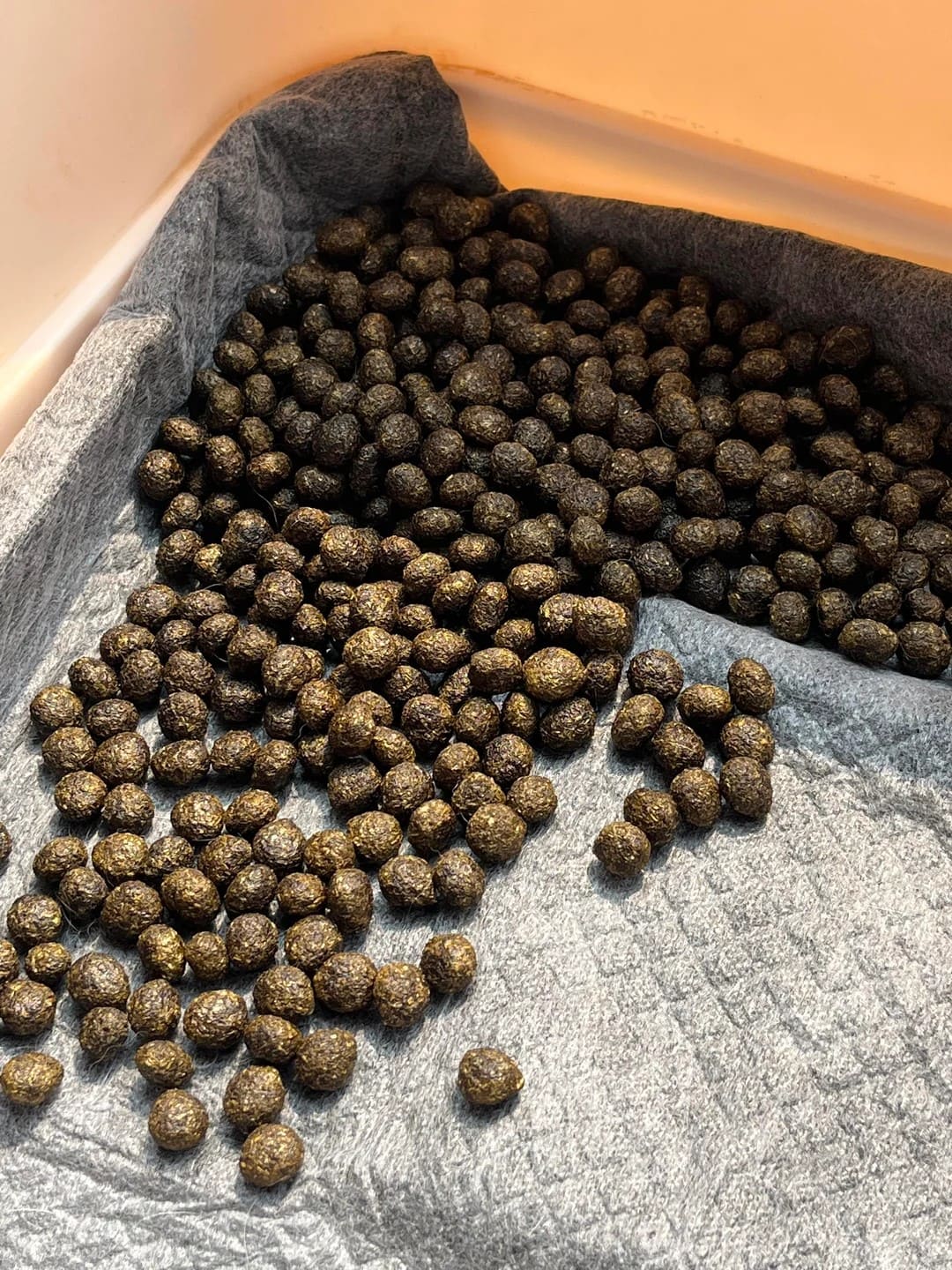
Hot manures are high in ammonia and nitrogen and usually need to be composted for months before they’re safe to spread.
Rabbit poop, on the other hand, can go straight from the hutch to the soil without any waiting period.
This gentle quality makes it ideal for gardeners who want instant results without the fuss of long composting.
At Phillips Family Farm, for example, they collect about a wheelbarrow full every couple of weeks and happily spread it across their garden beds.
Of course, they get healthier plants, improved soil, and thriving flowers and vegetables.
The Nutritional Benefits of Rabbit Manure
Beyond its convenience, rabbit poop is incredibly nutrient-rich. Each tiny pellet is loaded with:
- Nitrogen – encourages leafy green growth and strong stems.
- Phosphorus – essential for root development and flower production.
- Potassium – supports fruiting, flowering, and disease resistance.
Compared to other manures, rabbit poop is a powerhouse. It’s twice as rich as chicken manure and four times more potent than cow or horse manure.
Also, because the nutrients release slowly, plants receive a steady food source over time, avoiding the feast-and-famine cycle that some fast-acting fertilizers cause.
How to Use Rabbit Poop in the Garden
1. Direct Application
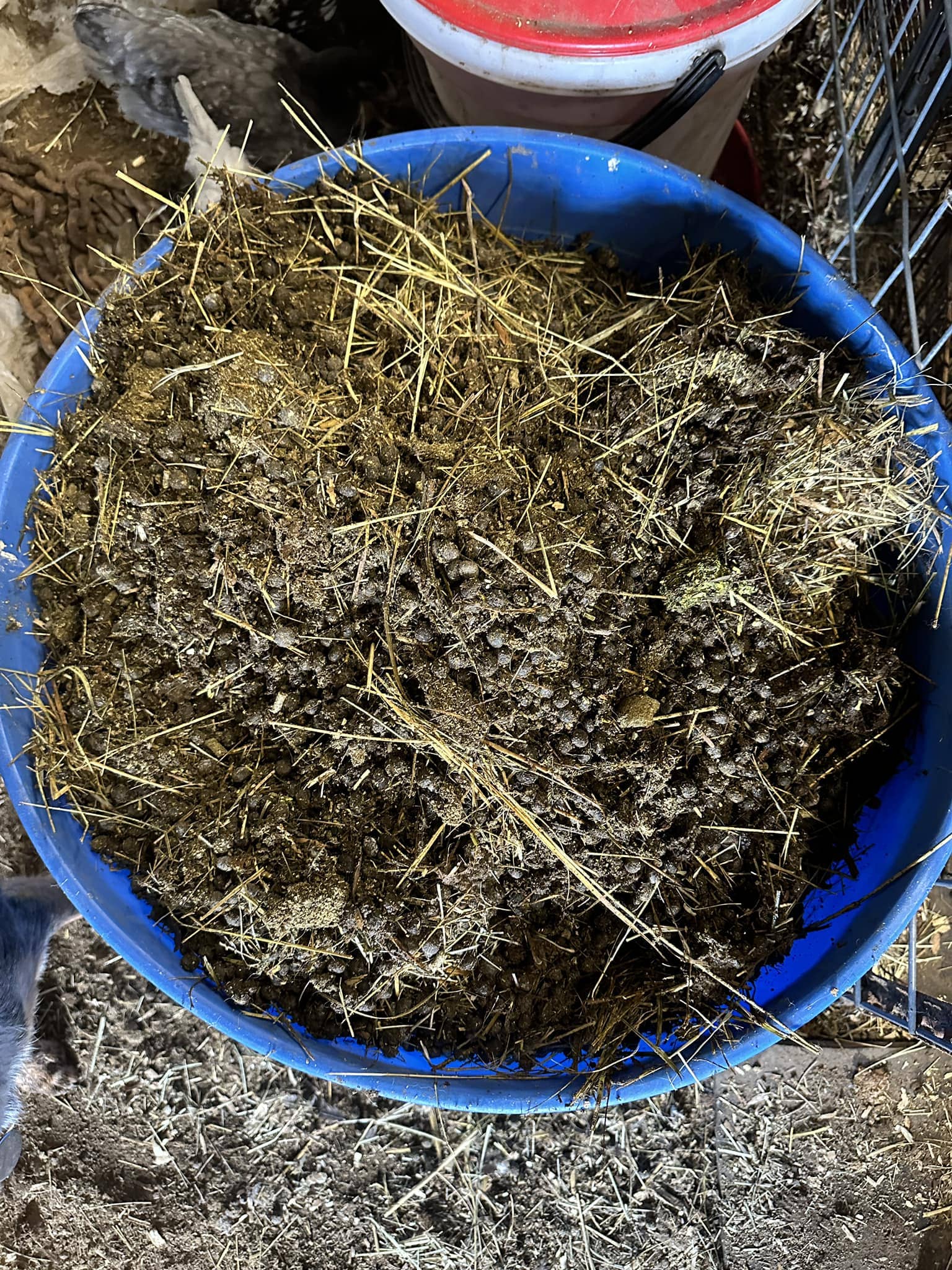
You can scatter pellets over garden beds like you would with any dry fertilizer.
Another trick is to add a small handful into each planting hole before dropping in seedlings or transplants.
Gardeners often mix rabbit pellets into potting soil for containers too.
It works especially well for potted herbs and flowering plants, providing a steady trickle of nutrients without the risk of burning.
2. Rabbit Poop Tea
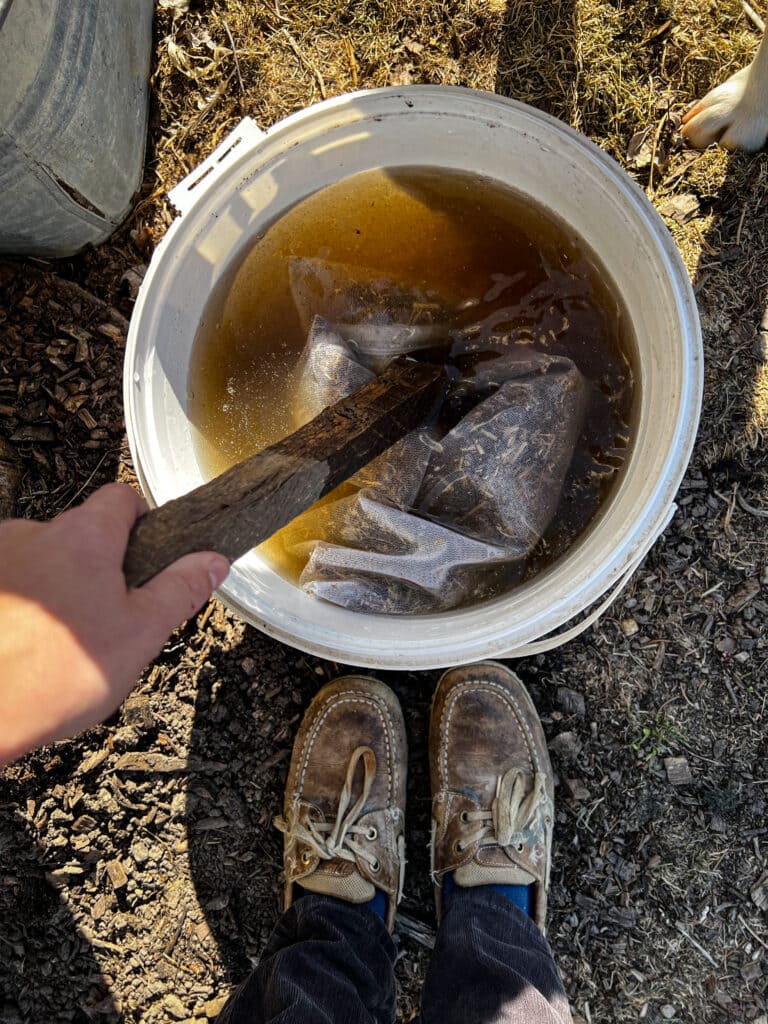
It’s exactly what it sounds like: a liquid fertilizer made by steeping rabbit manure in water.
You just fill a bucket with water, add two to three cups of rabbit poop pellets and let it soak for two to three days, stirring occasionally.
Next, strain if desired, then pour the tea around the base of your plants.
This liquid fertilizer works quickly, delivering nutrients directly to roots in a form that’s easy for plants to absorb.
It’s especially helpful during the growing season when vegetables and flowers need an extra boost.
3. Compost Booster
Rabbit manure also makes an excellent addition to compost piles.
Because it’s nitrogen-rich, it helps balance carbon-heavy materials like dry leaves, straw, or wood shavings.
Adding rabbit poop to compost speeds up decomposition and results in a darker, richer compost.
Plants That Love Rabbit Poop
Nearly every plant benefits from rabbit manure, but some crops thrive especially well with the added nutrition.
- Leafy greens like lettuce, kale, and spinach grow lush and vibrant.
- Heavy feeders such as tomatoes, peppers, and squash produce bigger harvests.
- Flowering plants respond with more colorful, long-lasting blooms.
- Fruit trees and berries gain stronger root systems and improved yields.
Whether you’re growing vegetables, flowers, or fruit, rabbit poop provides a balanced nutrient boost that supports all stages of growth.
Keeping Rabbits for Manure
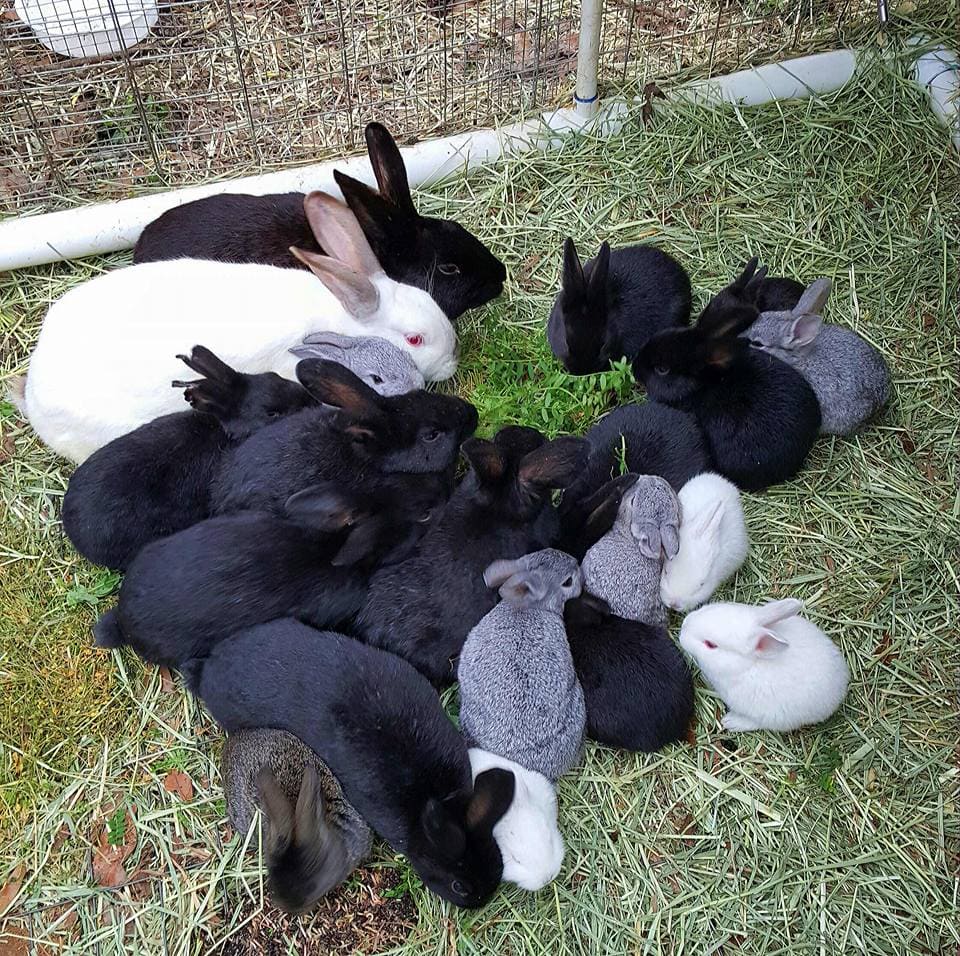
Of course, one of the best ways to enjoy a steady supply of rabbit poop is to raise rabbits yourself.
These small animals produce a constant stream of manure – roughly a pound per rabbit per day.
Over the course of a year, even a couple of rabbits can provide more than enough fertilizer for a home garden.
Rabbits are relatively low-maintenance pets, requiring simple housing, fresh hay, and regular feeding.
Many people find joy in keeping them not just for manure but also for companionship.
Collecting their droppings is as easy as cleaning litter trays or gathering bedding from hutches.
FAQs
Does it smell?
Not really. Rabbit manure has a mild, earthy scent, far less intense than chicken or cow manure.
Can you use too much?
It’s generally safe to use generously, but like all fertilizers, balance is best.
You should pair rabbit manure with compost, mulch, or organic matter for well-rounded soil health.
What about parasites or pathogens?
Rabbit manure carries a very low risk compared to other manures.
It’s considered safe for home gardens, especially when applied to soil rather than directly on edible leaves.
Extra Perks of Rabbit Manure
Beyond fertilizing plants, rabbit poop improves overall soil structure.
It adds organic matter that loosens heavy clay, increases water retention in sandy soil, and supports beneficial microorganisms.
Even chickens can enjoy scratching through rabbit manure, further helping to break it down and mix it into soil.
This creates a natural, self-sustaining cycle: the rabbits provide manure, the chickens help process it, and the garden thrives as a result.
Conclusion
When it comes to natural fertilizers, rabbit poop truly earns its nickname of garden gold.
It’s safe, nutrient-rich, and simple to use in almost any garden setting.
If you already raise rabbits, you’ve got a built-in fertilizer factory right in your backyard.
If not, consider connecting with a local farmer or rabbit owner who might happily share their supply.
Refer to: Many Gardeners Don’t Know to Use Chicken Poop as Fertilizer. Here’re The Right Way
